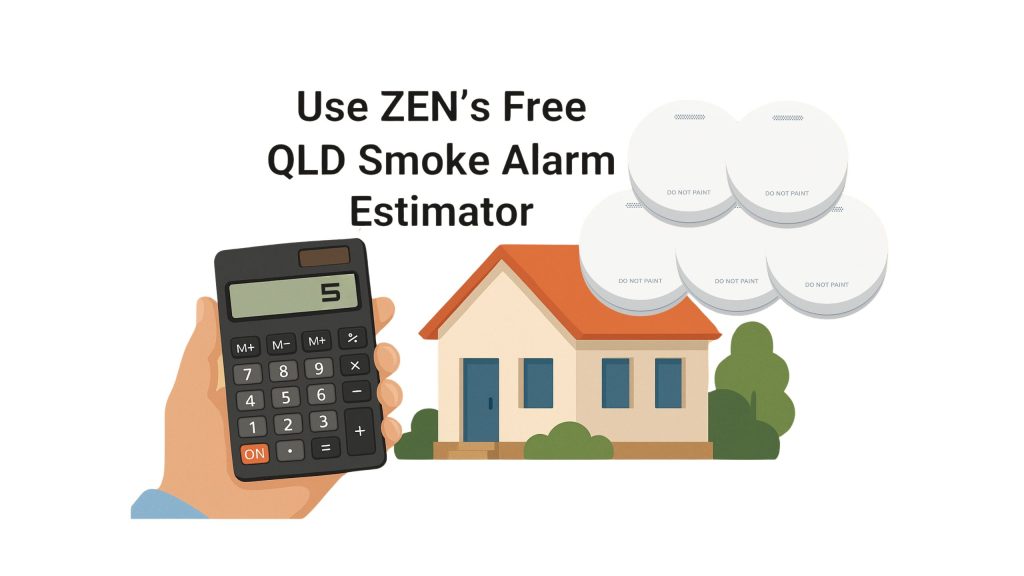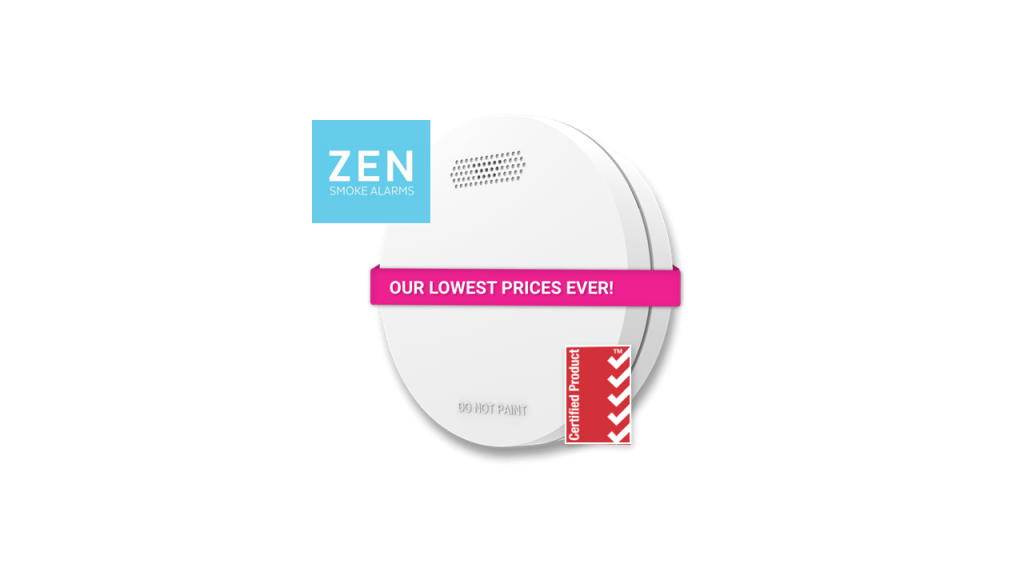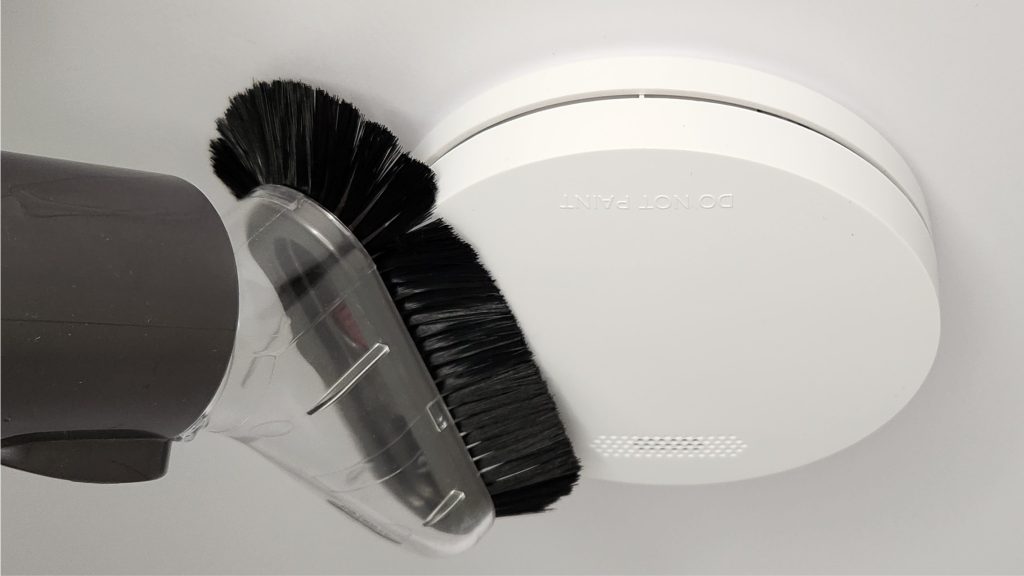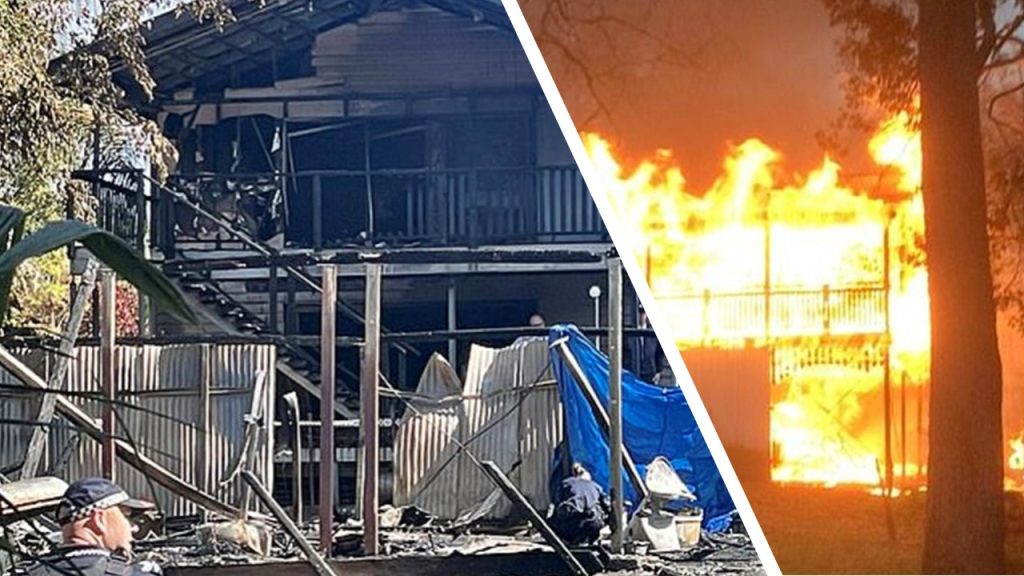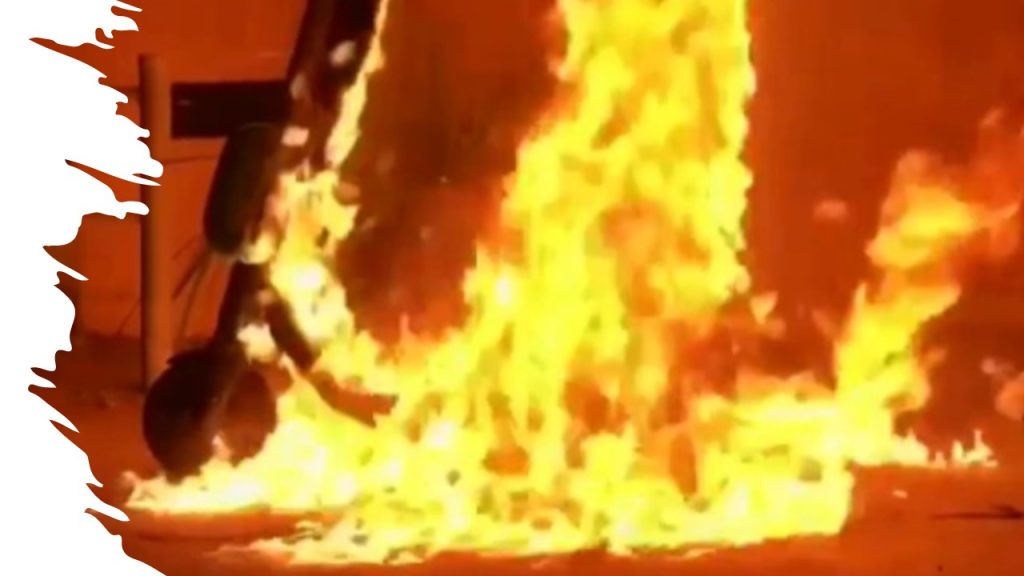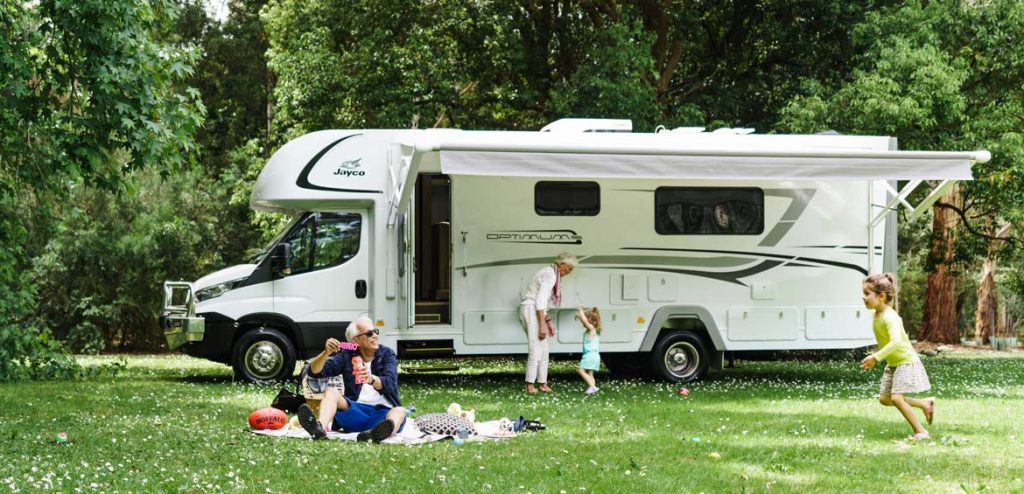Tag Archives: QLD smoke alarm
How Many Smoke Alarms Do You Need in Queensland? Use Our Free QLD Smoke Alarm Estimator to Find Out!
If you're living in Queensland, chances are you've heard about the new QLD smoke alarm legislation that's rolling out in stages. By 202...
Why Interconnected Smoke Alarms Are a Smart Investment for Every Queensland Home in 2025
When it comes to fire safety, a single smoke alarm just doesn’t cut it. Imagine being asleep upstairs while a fire starts downstairs—wo...
How To Clean And Test Your ZEN Wireless Interconnected Smoke Alarms
Photoelectric Wireless Interconnected Smoke Alarms are one of the most vital safety features in any home. These life-saving devices det...
Got a Photoelectric Fire Alarm? Queensland’s Recipe For A Sizzling Christmas Without The Burn! #Christmas2026
As the Queensland festive season approaches, warmer temperatures, holiday decorations, and the joy of gatherings fill the air. However,...
Why Didn’t Smoke Alarms in Queensland’s Russell Island House Fire Tragedy Activate?
Properly working smoke alarms in Queensland could have saved lives in the recent tragedy on Russell Island, where a house fire claimed ...
The Fiery Truth: Is Your Lithium Smoke Detector Alarm Battery A Sleeping Fire Risk!
Smoke Detector Alarm Battery Safety Amid Rising Lithium-Ion Fires in Queensland
Australia has experienced a surge in the adoption of...
Essential Fire Alarms Guide for Caravans & Campervans – Protect Yourself And Stay Compliant!
Australians love the great outdoors – from Grey Nomads to the #vanlife movement, more people than ever are hitting the road. But while ...

